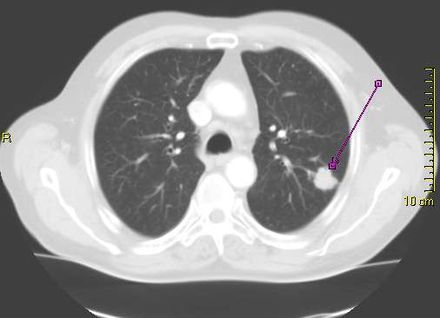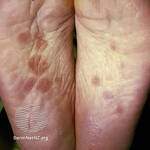MedicalResearch.com Interview with:
Professor Anasse Bari PhD
Courant Institute of Mathematical Sciences,
Computer Science Department, New York University, New York, and
Megan Coffee MD PhD
Division of Infectious Diseases and Immunology, Department of Medicine
New York University,
Department of Population and Family Health
Mailman School of Public Health
Columbia University, New York
MedicalResearch.com: What is the background for this study?
Coffee and Bari: This work is led by NYU Grossman School of Medicine and NYU’s Courant Institute of Mathematical Sciences, in partnership with Wenzhou Central Hospital and Cangnan People's Hospital, both in Wenzhou, China. This is a multi-disciplinary team with backgrounds in clinical infectious disease as well as artificial intelligence (AI) and computer science.
There is a critical need to better understand COVID-19. Doctors learn from collective and individual clinical experiences. Here, no clinician has years of experience. All are learning as they go, having to make important decisions about clinical management with stretched resources. The goal here is to augment clinical learning with machine learning.
In particular, the goal is to allow clinicians to identify early who from the many infected will need close medical attention. Most patients will first develop mild symptoms, yet some 5-8 days later will develop critical illness. It is hard to know who these people are who will need to be admitted and may need to be intubated until they become ill. Knowing this earlier would allow more attention and resources to be spent on those patients with worse prognoses. If there were ever treatments in the future that could be used early in the course of illness, it would be important to identify who would most benefit
We present in this study a first step in building an artificial intelligence (AI) framework, with predictive analytics (PA) capabilities applied to real patient data, to provide rapid clinical decision-making support. It is at this point a proof of concept that it could be possible to identify future severity based on initial presentation in COVID-19.
(more…)




























